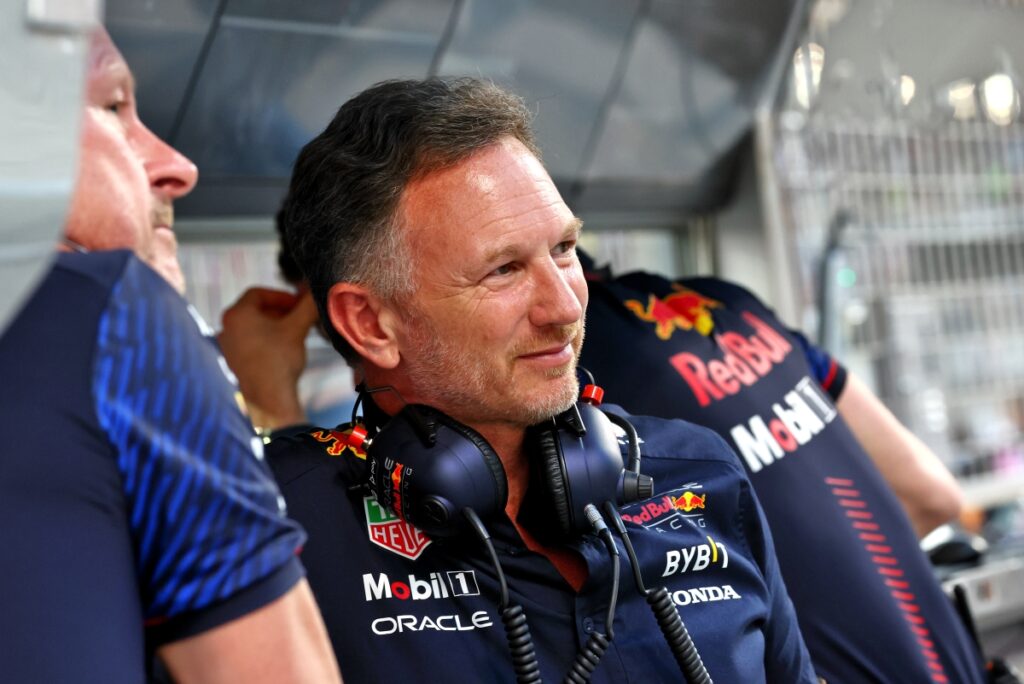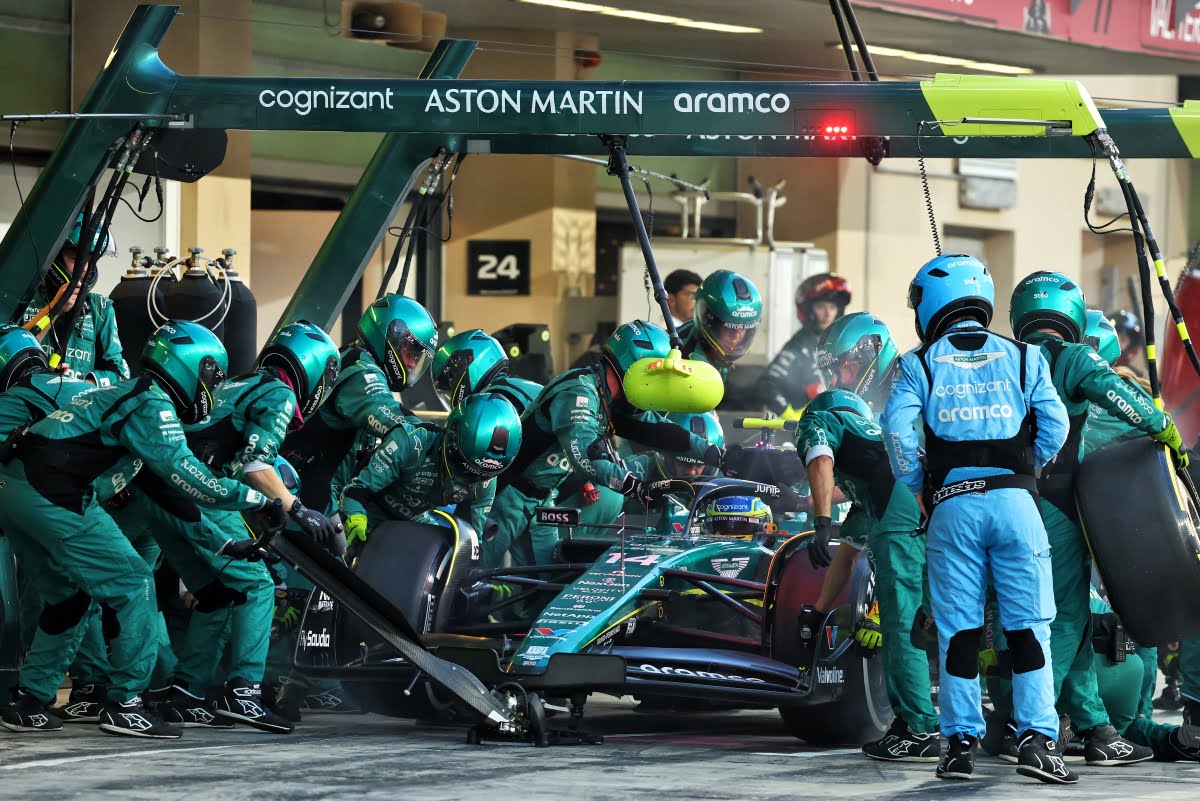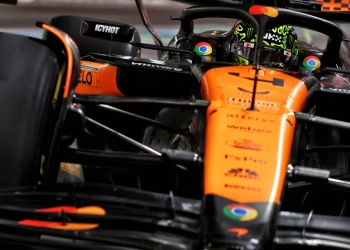Have you ever thought that Formula 1, this fast-paced and exhilarating sport, can provide possibilities for thrilling employment opportunities? This is not limited to becoming a great driver. F1 combines technology, teamwork, and strategy, which gives it a unique platform for students who aspire to accelerate their career progress.
Formula 1 is not merely a source of exciting races in the corporate environment but a revolutionary innovation in technology, engineering, and marketing. Such features result in various professional trajectories, including engineering, data analysis, marketing, and logistics. So, let’s examine the popularity of this sport across the world, its technological development, and how it is an opportunity for students to career racing.
The fascination of Formula 1
Formula 1 has enthralled millions across the globe not just as a viewer sport but as a source of innovation and thrill. Its universal attraction includes the fusion of speed racing with modern technology, which turned it into much more than a weekly recreation. However, why is Formula 1 simply more than a sport? It is a test bed for new technologies. Most of the safety systems and innovations that are now present in our everyday cars started as developments for the grand prix circuits.
It’s a sport where engineering marvels meet strategic minds, and the result is an action that is as cerebral as exciting. In addition, the sport is a source of technological and innovative developments. Formula 1 is an industry driven by aerodynamic designs and other hybrid engine technologies, pushing the boundaries of what is possible and attracting many students and professionals interested in engineering.
But, sometimes, your path to your desired career can be time-consuming, so delegating your papers is a wise move. Check out websites like startup.info to learn about which academic companies you can trust.
Formula 1 as a learning opportunity
Formula 1 isn’t just fantastic entertainment – it’s a moving, action-packed classroom. It provides a special learning option for students merging physics, engineering, teamwork, and strategy. Every race is a laboratory of aerodynamics, fuel efficiency, and fast problem-solving under pressure.

There are enless opportunities for careers in F1
The sport is extensive in its education scope. For example, physics and engineering principles can be learned when one understands the operation of a Formula 1 car. Strategic choices at racetracks provide insights into critical thinking and administration. Secondly, improving safety characteristics demonstrates technological progress in materials science.
Several top companies also started their careers in the Formula 1 paddock. Christian Horner, the team principal for Red Bull Racing, began as an ordinary racing enthusiast but garnered success by sheer passion and foresight. Their narratives are proof of the educational power of the sport.
Career paths in Formula 1
The Formula 1 industry is the door to many job opportunities. It does not apply only to engineering; a whole other world is behind the scenes. Engineering jobs include designing and managing high-performance engines, which can be achieved with mechanical and aerospace engineering knowledge.
Marketing and branding in Formula 1 are also equally important. They revolve around building the team’s identity and finding sponsorships essential for the sport’s financial well-being. Another critical domain is data analysis, where data scientist teams interpret race data and develop strategies.
The need for talented experts in Formula 1 is great. The game is ever-changing, and every new generation needs new ideas that are not only fresh but also technologically sound. And don’t forget that delegating assignments to reliable writing companies can help you free up more time to build your career. Check out Marketbusinessnews and other web resources to learn more about your options.
Preparing students for Formula 1 careers
The journey begins for students who wish to become Formula 1 racers. Having a strong STEM background is essential. Participation in projects or competitions associated with automotive engineering or data science offers hands-on training.
Education tracks can be mechanical or automotive engineering, computer science, or sports marketing degrees based on the desired career. Work in such racing teams or companies affiliated with Formula 1 is precious. They provide practical training and an opportunity to evaluate its working environment in terms of pace and impact.
Networking plays a vital role. Going to riding shows, participating in virtual communities, and networking with other experts can help make various opportunities available. Being a member of Formula 1 clubs and societies within universities is also beneficial.

Finally, it is important to keep up-to-date with the current trends in the game. After the first few races, reading up on technological advances and figuring out the business motions of Formula 1 will give students the knowledge and drive to succeed in this dynamic environment.
Successful stories for inspiration
The path from a student to a Formula 1 professional is usually filled with passion, endurance, and innovation. Consider the example of Paddy Lowe, a student of engineering who became the Chief Technical Officer in the Williams F1 Team. His trip was full of rigorous academic work, practical experiences, and an unmatched passion for motorsports.
There is also Monisha Kaltenborn, who is the first female Team Principal in Formula 1. Coming from a legal framework, she united her analytical legal knowledge with a love for motorsports, culminating in her heading the Sauber F1 Team. These stories show the variety of paths to Formula 1. These challenges include high competition and specialized skills, but these people demonstrate that through determination and commitment, success can be obtained.









